The effects of aging on the human brain could be slowed down with the help of artificial intelligence.


The effects of aging on the human brain could be slowed down with the help of artificial intelligence.

Sleep deprivation alters immune cell metabolism, causing changes to epigenetics through lactylation, triggering immune dysregulation.
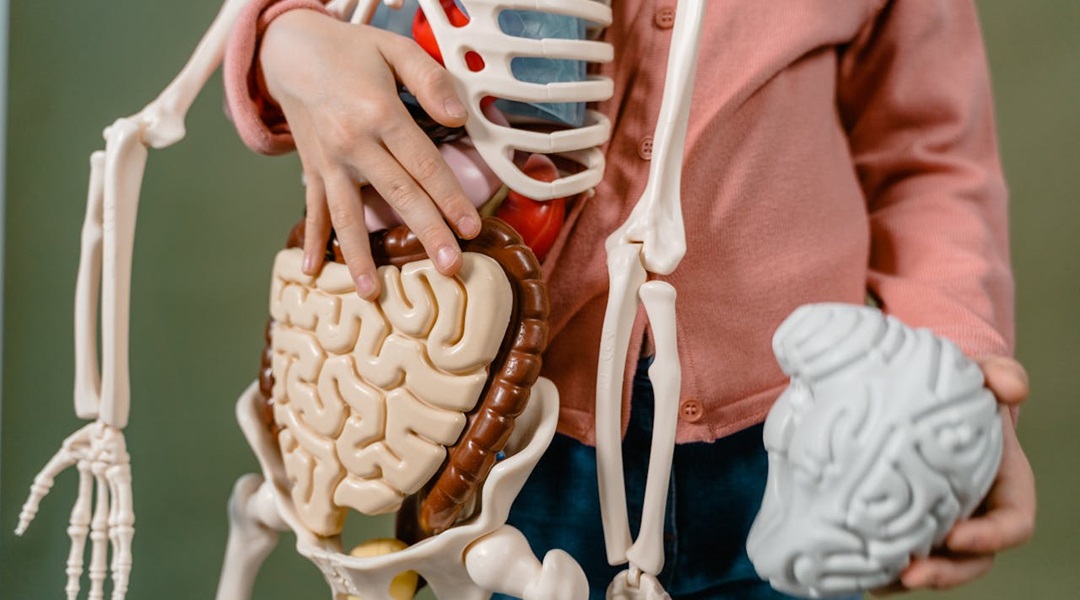
Obesity changes gut microbiota, causing immune cells to age prematurely and secrete a protein which weakens bones
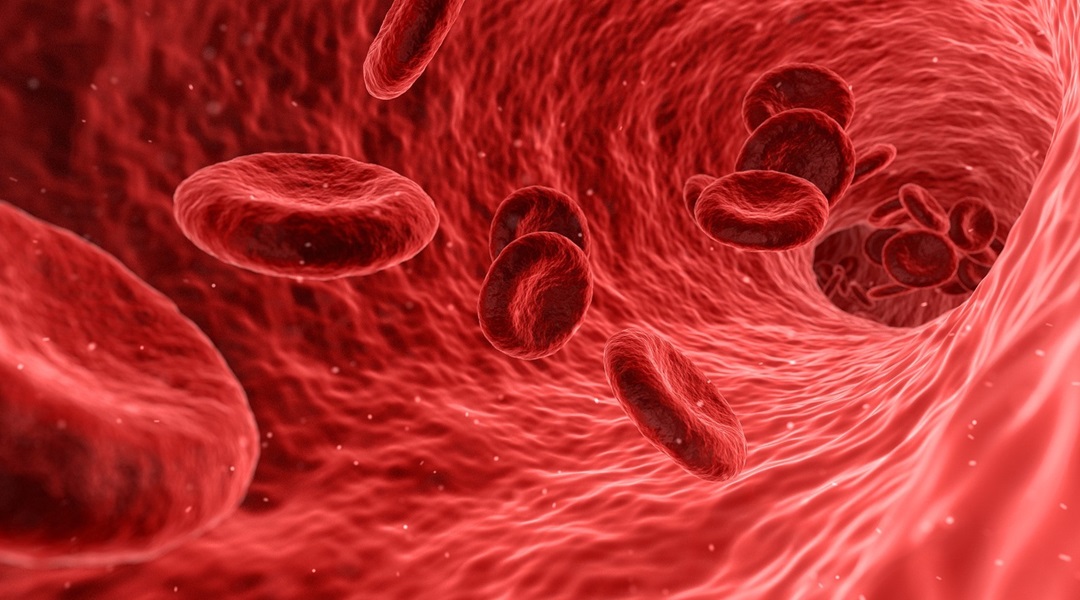
Wearable sensors help women analyse menstrual blood for affordable, non-invasive health monitoring.
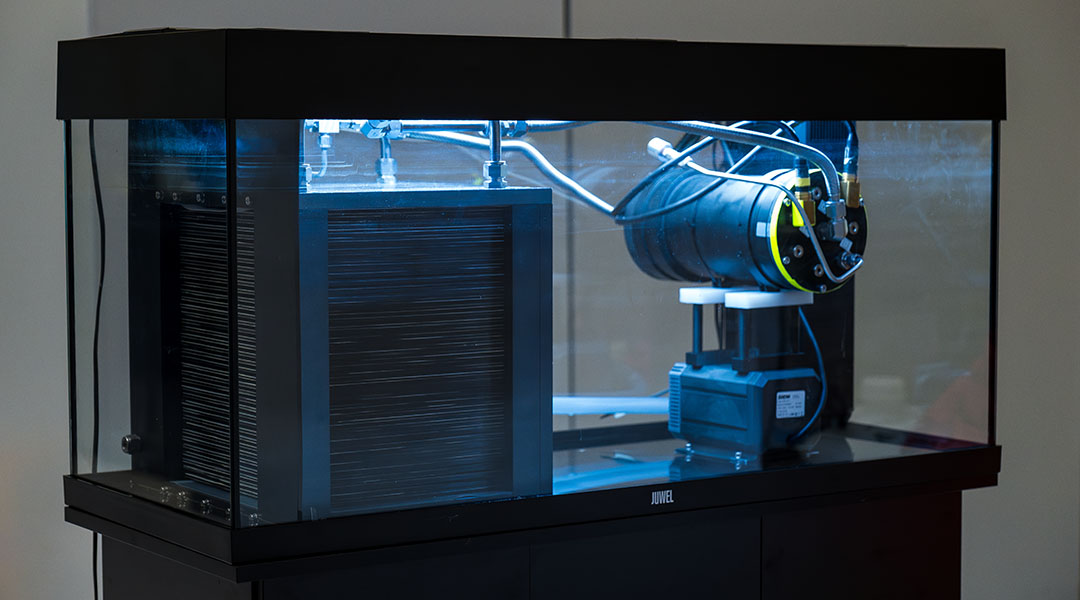
A fish-inspired fuel cell concept could provide a cost-effective alternative to batteries in underwater vehicles.

Scientists in Finland have developed a method that can achieve a tenfold increase in pesticide retention on farmed crops.
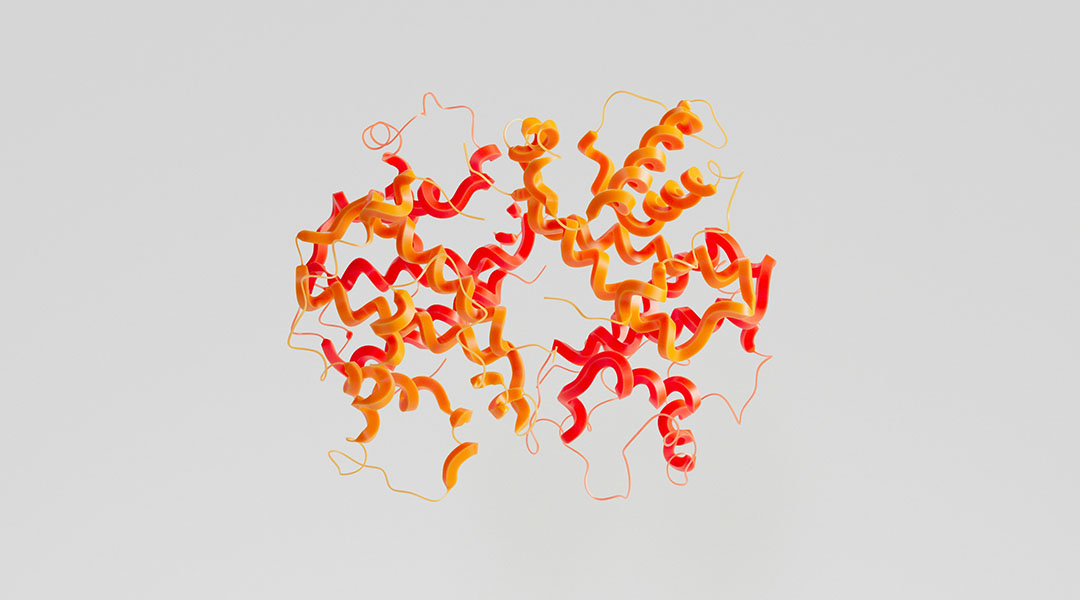
A new study identified the potential pathway responsible for linking high hemoglobin to polycystic ovary syndrome.
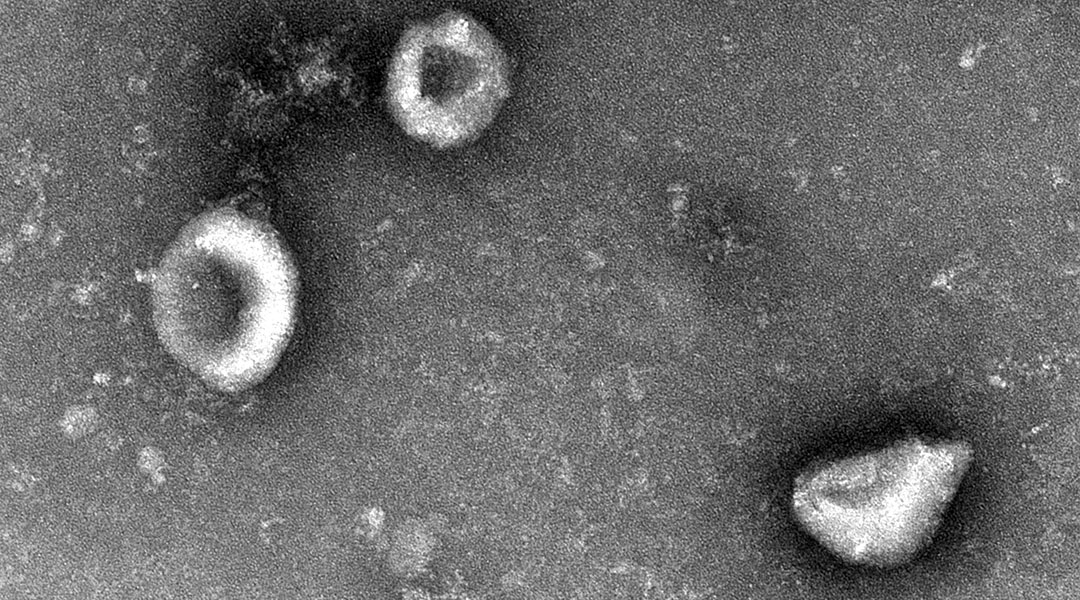
A nanoparticle targets mitochondria in cancer cells, offering a promising new strategy to tackle chemotherapy resistance tumor spread.
https://www.youtube.com/watch?v=tVmxe6gvhIc Scientists have discovered a new way to tackle obesity by blocking a gut enzyme that helps absorb fat. The enzyme, called SOAT2, plays a role in packaging cholesterol and fatty acids for absorption. When researchers...

Based on the same mRNA vaccine against COVID-19, a new prototype has shown potential to treat asthma, a condition with no known cure.